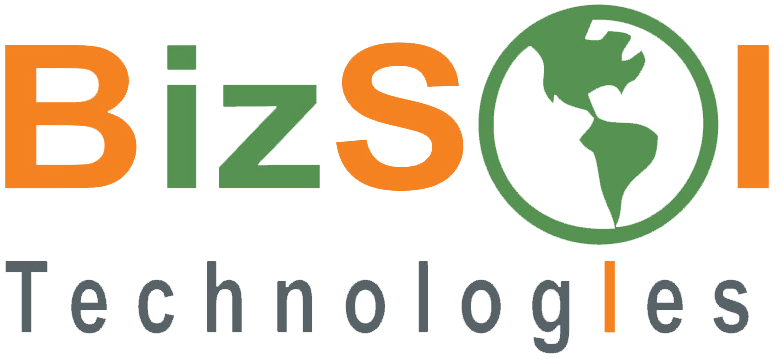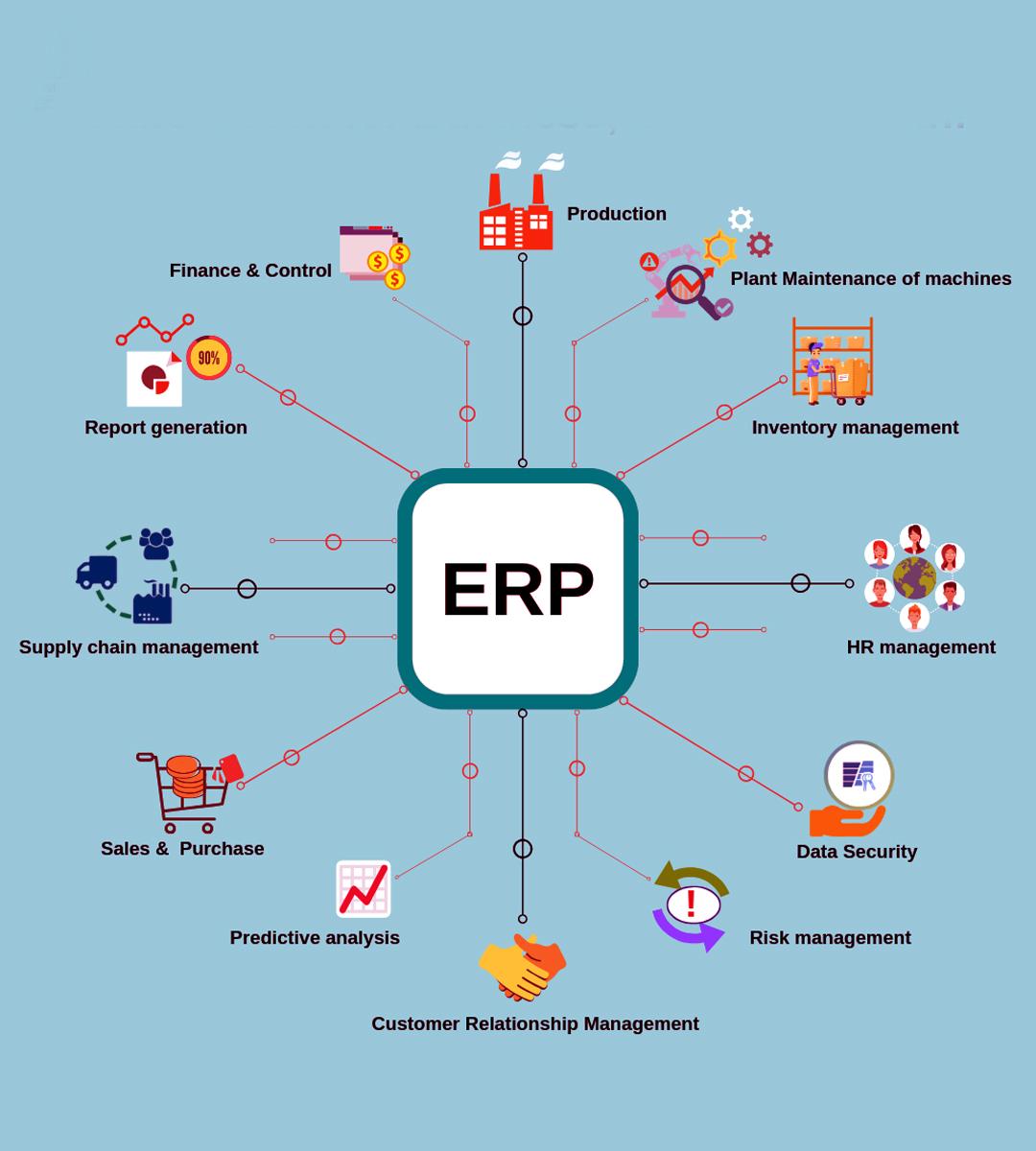Why ERP?
Any company has two major aspects to deal with. One is managing their core business and the other one is associated responsibilities of the Company. However, often companies struggle to manage both of them efficiently even after spending too many resources on it. This is where ERP comes in.
Through Enterprise Resource Planning (ERP) one can administer different business processes efficiently. ERP is a set of integrated business management solutions which work in real-time through appropriate applications and technologies.
Here are the major reasons why every business must have ERP at their disposal.
Increased Production: Plan, manage and increase your company production through streamlined ERP processes. These include order assessment, scheduling production works, estimated material requirements, monitoring order status, power requirements, managing technical faults and much more.
Flexibility: Use ERP software to manage and streamline all the company data efficiently. Cloud-based services come with the advantage of centralised database which helps your employees to access data and work from anywhere and at any time.
Finance & Accounts: Use ERP software to handle all your finance and accounts efficiently. These include investments, expenditures, banking aspects, sales ledger, general ledger, real-time reports and so on.
Perfect Payroll Management: ERP helps in maintaining employee file, records employee attendances, earnings, auto salary slip generation, tax and other deductions, loan records, employee leave maintenance etc.
Advanced Marketing & Sales: Make sales campaigns, sales analysis, analysis of customer survey, advertisement of products, quality check and so on through ERP solutions.
Saves Money: ERP helps you in better understanding of your product demand and company workings. Accordingly, you can increase or decrease investments for better inventory management.


